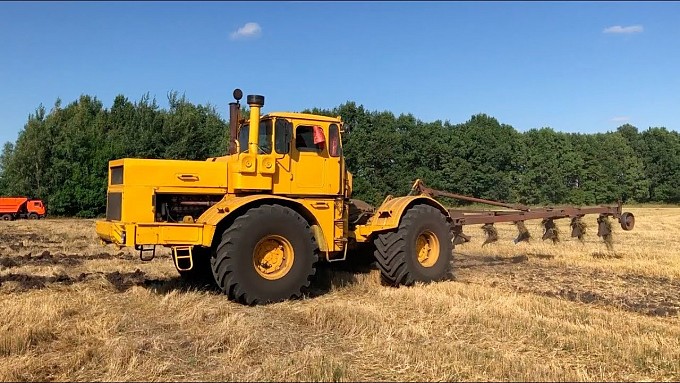
Agrarians of Kazakhstan received another blow in the stomach. Moreover, this was done at the behest of the Ministry of National Economy, bypassing the official procedure - that is, without the consent of the Atameken National Chamber of Entrepreneurs. Now farmers are deprived of the right to pay VAT by the offset method, which will increase their costs, which have already increased many times over due to the rise in prices of all means of production.
By Order No. 31 of the Minister of National Economy of the Republic of Kazakhstan dated March 31, 2022, without the consent of the NCE, amendments were made to Order No. 67 dated February 21, 2018 “On Approval of the List of Imported Goods for which VAT is paid by the offset method and the rules for its formation.”
The decision was made on the basis of changes in the Tax Code of the Republic of Kazakhstan, in terms of exclusion from Articles 427 and 428 of the Tax Code of the Republic of Kazakhstan, paragraphs 8) pesticides; 9) breeding animals of all kinds and equipment for artificial insemination; 10) live cattle.
In addition, the wording of the exclusion from the tax code of the words “or does not cover the needs of the Republic of Kazakhstan” became an additional reason for the change. According to the MNE, this entire list is produced in the country in full. Although this is not true at all!
So, in comparison with the previous Order, the following changes were made:
- item 77 “Agricultural or horticultural sprayers for irrigation is deleted; TNVED codes: 8424491000, 8424411000, 8424821000"
According to these headings, farmers buy mounted, trailed and self-propelled sprayers. It should be noted that some models of imported self-propelled sprayers are capable of processing up to 1100 hectares per day, while domestic ones process only 350 hectares per day.
Moreover, under the same TN VED codes, farmers also purchase sprinkler systems. The role of automatic sprinkling systems for the Kazakh agro-industrial complex is extremely high, given the lack of similar domestic products.
- under paragraph 87, the codes 8428909000, 8428330000, 8428102009, 8428392000, 8428330000, 8428907100, 8428102001, 8428102002, 8428400000 are excluded.
What do they include?
According to the TN VED code 8428330000, farmers purchase elements of vegetable harvesting equipment, in particular for potatoes, beets, carrots, etc., namely conveyors. Such equipment is not produced in our country.
- excluded under item 93 (codes 8432210000, 8432391900, 8432100000, 8432310000, 8432310000, 8432291000, 84322291000, 8432293000)"
According to these commodity items, farmers purchase harrows, seeders, cultivators and other types of sowing and tillage equipment.
Farmers purchase it for sowing crops such as wheat, corn, sunflower, cotton, rice, lentils, soybeans, rapeseed, safflower, flax, buckwheat, beans, etc.
- in paragraph 94, combines with a rotary threshing system and rice harvesters were excluded. At the same time, Kazakhstan does not have serial production of rice harvesters; only small batches of rotary harvesters of several brands from the CIS are being assembled. Moreover, combines of these brands introduce rotary threshing only in the last few years. Practice has shown that the most efficient combines are Western-made.
- according to paragraph 94-1, mowers, including those mounted on tractors, other, mounted or trailed with a cutting part rotating in a horizontal plane, TNVED code: 8433205000, were excluded. Under this heading, Kazakhstani farmers purchase self-propelled, trailed and mounted mowers.
Self-propelled mowers are indispensable machines in split harvesting, when farmers have to first mow the crop separately on a pile, and then later harvest it with a combine harvester using a pick-up header. This is done in a situation where part of the crop is already ripe, and there is no way to quickly harvest it by direct combining.
- under paragraph 209 "Tractors" in the column of the TNVED code from 8701, the word "except 8701941009" was added. Thus, tractors with engine power from 75 to 130 kW were excluded. Serial production of tractors with power from 100 to 130 kW is not provided, so this will lead to a deterioration in the conditions for investment in the technical re-equipment of farmers.
In general, all these changes lead to a deterioration in the conditions for investment, a decrease in the competitiveness of the domestic agro-industrial complex, as well as an inevitable subsequent rise in the cost of final products.